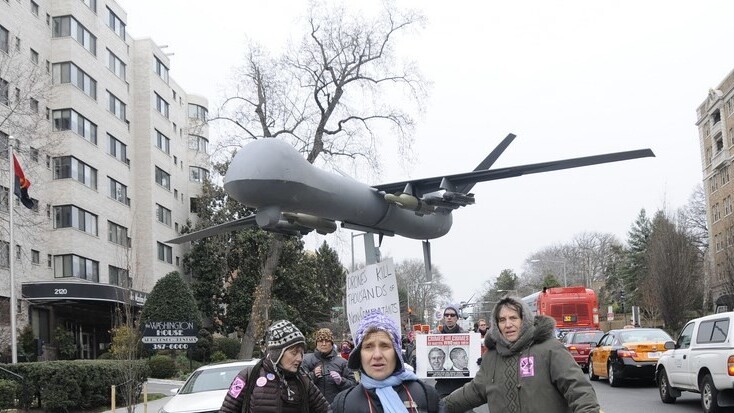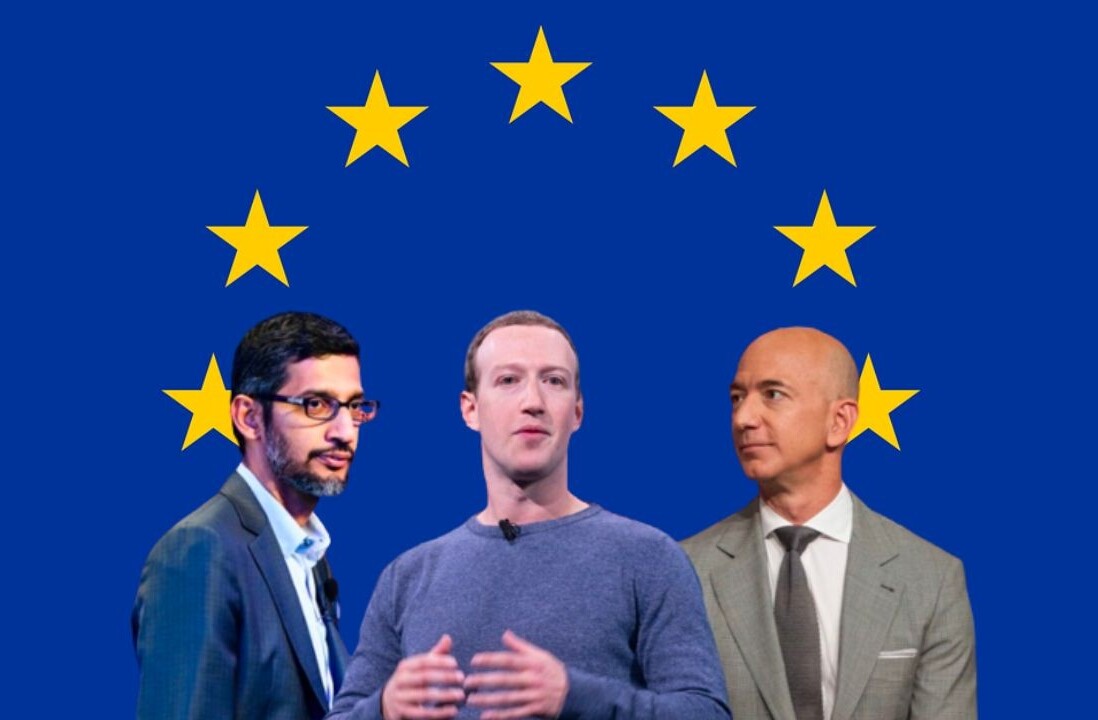
Drone warfare is a cause célèbre in modern warfare. The morality of drone strikes, the legal arguments behind their use, and the threat they may pose to civilians in warzones are important issues. However, in less lethal use, drones may still pose risks to privacy.
Google’s former CEO and current Executive Chairman has called for regulation of civilian use of small drones. In his view, their use could erode individual privacy. As reported by the BBC, Schmidt told a story to the The Guardian:
You’re having a dispute with your neighbour. How would you feel if your neighbour went over and bought a commercial observation drone that they can launch from their backyard. It just flies over your house all day. How would you feel about it?
Drone technology is a forward curve of technology that is being rapidly improved; given the rising profile of drones in war, their mindshare in the private sector is something to be reckoned with. In fact, startups are working in the space. As TNW’s Ken Yeung reported recently at a Y Combinator demo day:
Calling itself the DOS of drones, Airware says that its aim is to be create the default operating system for these unmanned aerial devices. No, it’s not a means to send the machine into combat, but rather to be used by other industries who feel there is a benefit to having these devices, whether it’s to have it do some land surveying, repair something, or the like. While other manufacturers will develop the hardware and the application, it will be Airware that controls what the drone does and where it flies.
Schmidt isn’t alone in calling for regulation of civilian drone use. Rep. Zoe Lofgren and Rep. Ted Poe have introduced the Preserving American Privacy Act (PAPA), which is specifically written to regulate drone usage, and to prevent their weaponization in the private space. As Lofgren stated at the time of its introduction, “the expanded use of drones on U.S. soil raises serious Constitutional and civil liberties issues that Congress needs to address.”
Naturally, the Constitutional right to privacy is at play here. Still, technology often moves faster than law, and this is a space where a rule or two would not be wasted effort.
Top Image Credit:Debra Sweet
Get the TNW newsletter
Get the most important tech news in your inbox each week.




